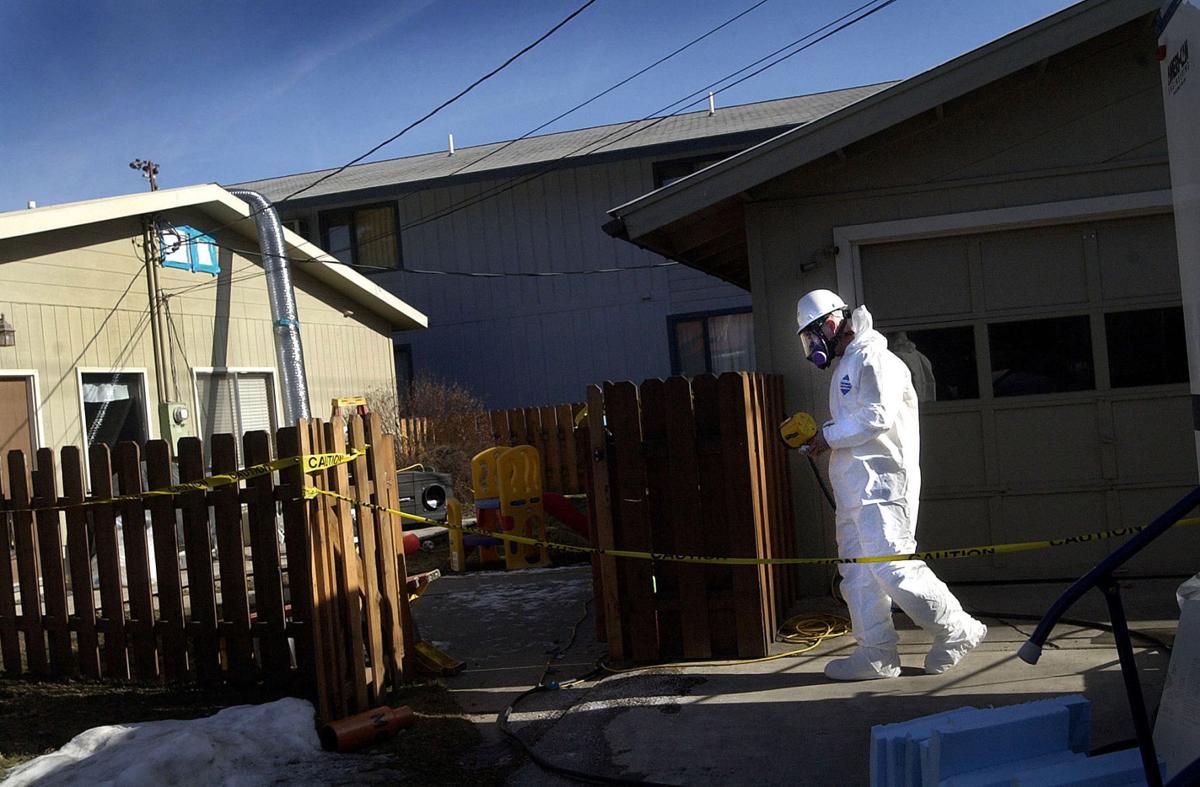PHOENIX — Arizona companies have no duty to protect family members from exposure to toxic materials their employees bring home on their work clothes, the state Court of Appeals ruled Tuesday.
In the first ruling of its kind in Arizona, the judges rejected the contention of survivors of Ernest Quiroz that his father’s employer, Reynolds Metal Co., should be held legally responsible for the son’s mesothelioma, a form of cancer frequently associated with asbestos exposure, and eventual death.
Appellate Judge Jon Thompson, writing for the unanimous court, acknowledged that some states have allowed lawsuits based on “take-home exposure.” But Thompson said that’s not the way Arizona laws are written.
Court records show Quiroz lived in his father’s house in Maricopa County from 1952 to 1966, during which time his father worked for Reynolds Metal. Quiroz moved to California in 1966 for a decade and then to Michigan until his death in 2014.
In the lawsuit, survivors claim that Quiroz’s father was exposed on numerous occasions to asbestos-containing products and machinery. That, the claim says, resulted in the release of respirable asbestos fibers which contaminated the employee’s clothing, tools, car, body and general surroundings.
Quiroz breathed these fibers as result of direct and indirect contact with those items, the survivors say.
Attorneys for the family contend Reynolds, which has since merged with Alcoa and now operates under that name, had a duty to avoid creating hazardous conditions on its property that would cause injury to people off the property. But Thompson said that’s not the law in Arizona.
“A landowner owes invitees a duty to provide reasonably safe premises and reasonably safe means of ingress and egress,” the judge wrote. He said that duty generally ends when a person leaves the property.
Thompson said there is no claim that Quiroz was on the property of Reynolds or that any injury he suffered was the result of being on that property.
The appellate judges rejected the claim that there are “reasonable expectations of the parties and society” to require Reynolds to be responsible for the effects of the asbestos at its Arizona operations on others, including family members.
The appellate judges also openly worried about what kind of precedent it would set to make companies responsible for the injuries that were the result of second-hand exposure to their chemicals or toxic products.
They said it could open the door for claims by people who came into contact with asbestos-tainted clothing in a taxicab, grocery store, dry cleaner, convenience store or laundromat.
“Appellants offer no way to limit the duty they seek either to employees’ family members or to asbestos exposure,” Thompson wrote.
“Absent these constraints, any company that made or used a potentially hazardous substance could be liable to anyone who ever came into contact with an employee who arguably could have carried said hazardous substance offsite,” he continued. “Such a dramatic expansion of liability would not be compatible with public policy.”
Thompson also brushed aside court rulings from other states that have allowed lawsuits in cases of take-home exposure.
He acknowledged the Tennessee Supreme Court found Alcoa owed a duty of care to an employee’s daughter who contracted mesothelioma as a result of regular contact with her father’s work clothes.
But Thompson said the law in that state recognizes “a general duty to refrain from engaging in affirmative acts that a reasonable person should recognize as involving an unreasonablerisk of causing an invasion of an interest of another, or acts which involve an unreasonable risk of harm to another.”
In Arizona, by contrast, the foreseeability of risk to another is legally irrelevant in these kind of cases.
Ditto, he said, of similar rulings in New Jersey and elsewhere. Instead, Thompson said Arizona is more in line with rulings out of Georgia, New York and Michigan.
Tuesday’s court ruling makes no mention of whether Quiroz’s father had any claim against Reynolds. The lead attorney in the lawsuit did not immediately return calls seeking comment.





